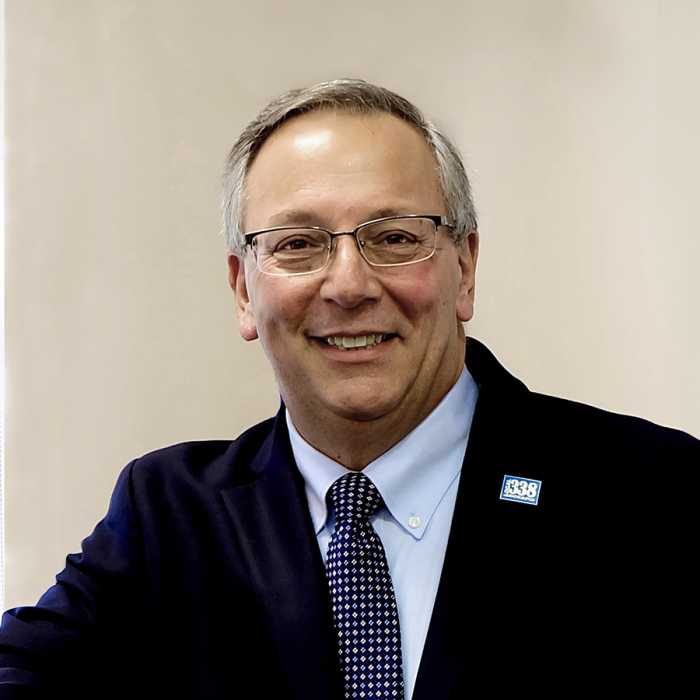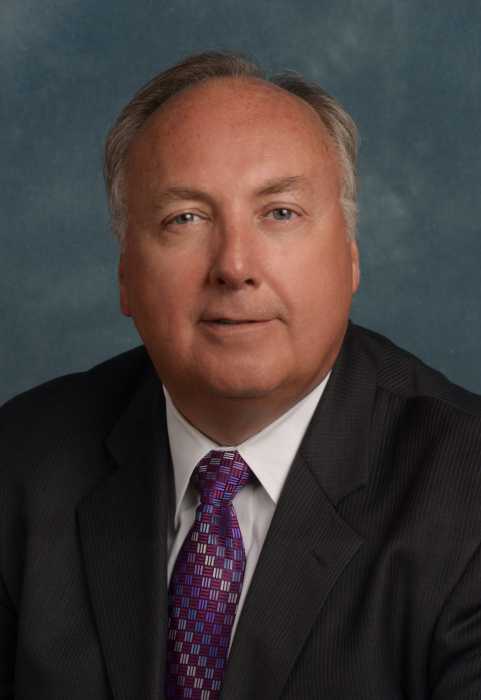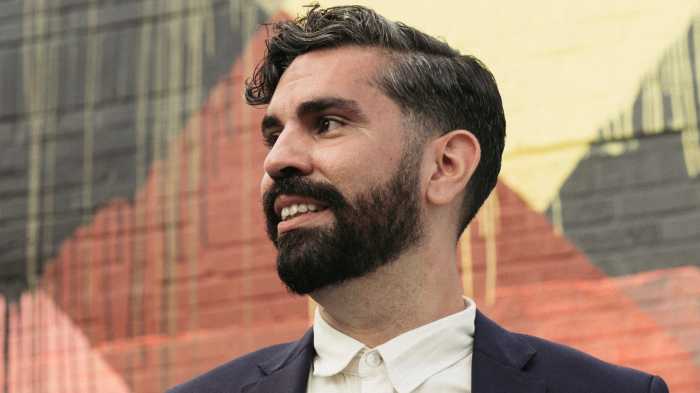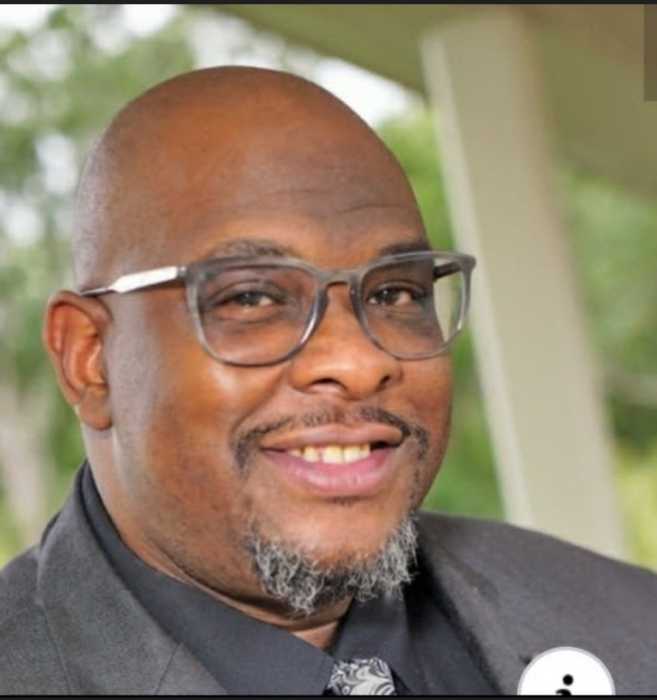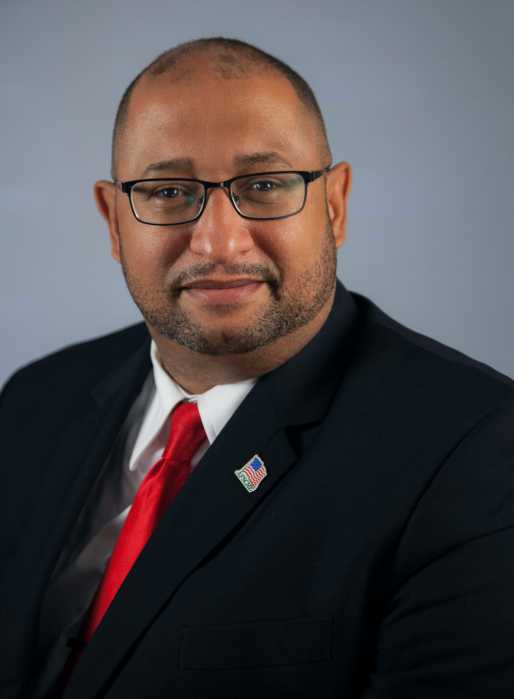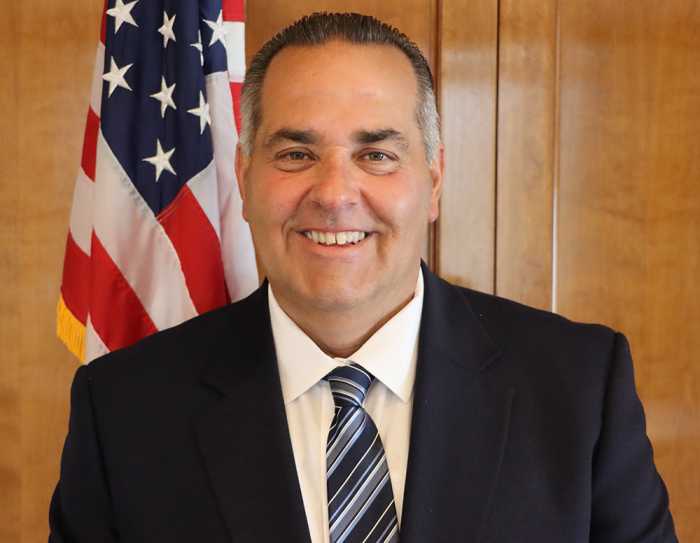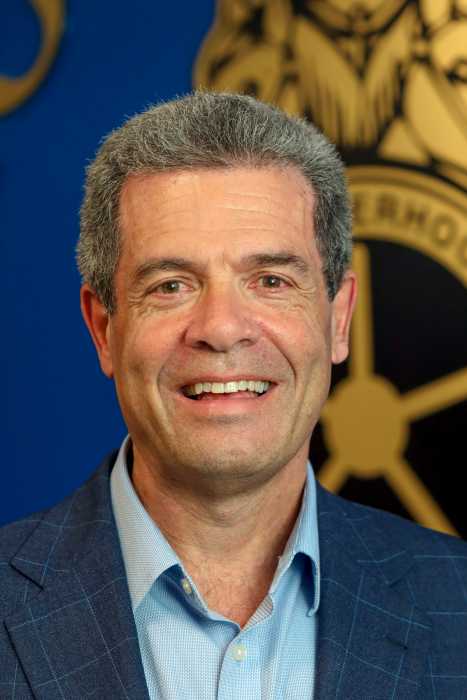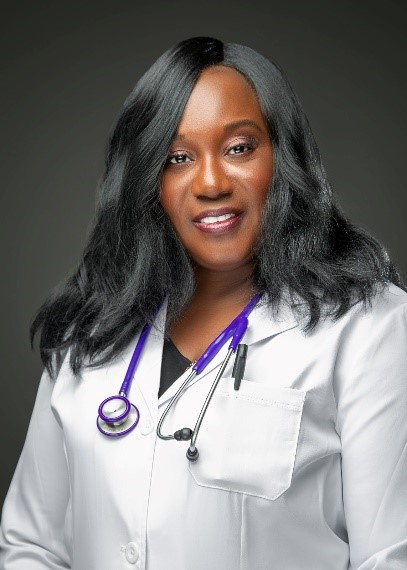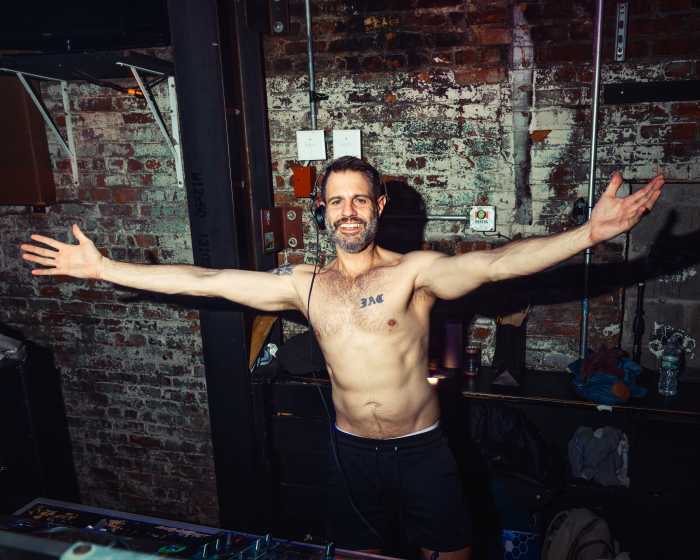John R. Durso is the president of Local 338 RWDSU/UFCW, representing over 13,000 workers statewide. He serves as the president of the Long Island Federation of Labor, AFL-CIO. John is proud to be a member of several different Boards and is the incoming chair for the EAC Network and on the Nassau Community College Board of Trustees, along with the board for the NCC Foundation. John is proudest of Local 338’s continued work with local charities, including the John Theissen Children’s Foundation, bringing children in need toys and school supplies.
What sector does your union service (healthcare, construction, etc.)?
Local 338 RWDSU/UFCW serves working people in several different industries, including grocery, pharmacy, healthcare and human services, agriculture, as well as New York’s cannabis industry, with workers employed across the supply chain from seed to sale.
What are the benefits that unions (your particular union, if applicable) offer their members?
We offer a full range of medical coverage for our members and their families. Local 338 has helped educate our members and their families with the Local 338 Scholarship, which has helped hundreds of students attend college and pay for books and materials.
What brought you to organizing and/or the issue of worker advocacy?
Having been a member Local 338 while working in grocery retail for many years, I know very well what our members deal with each day, and I was drawn to the opportunity to speak up on behalf of workers to make sure they are treated with the dignity and respect that they are entitled to. Being in worker advocacy allows us to ensure that workers have a voice on the job and that they have some sort of control over their future, instead of their employer.
How will New York’s labor force evolve in the next five years?
New York’s labor force is going to become stronger and more diversified. With the new industries that are coming to New York, including wind energy and cannabis—which we are proud to be leading—new opportunities will become available for thousands of workers and entrepreneurs to work with unions to develop an even stronger economy. A stronger economy is often a result of the strength of the labor movement. I see a very bright future for both.
What kind of impact does organized labor have on local communities?
The labor movement guarantees there are good quality jobs and careers available to working people. In addition to fighting for you in the workplace, the labor movement also serves as community activists, fighting for the causes that matter most to our members. I think it’s important to recognize that the labor movement is present in every aspect of our communities — we are your Boy Scout leaders, Little League coaches, and the people who collect donations for those in need. Working in the labor movement gives us the opportunity to understand what working people go through and allows us to advocate on their behalf.


